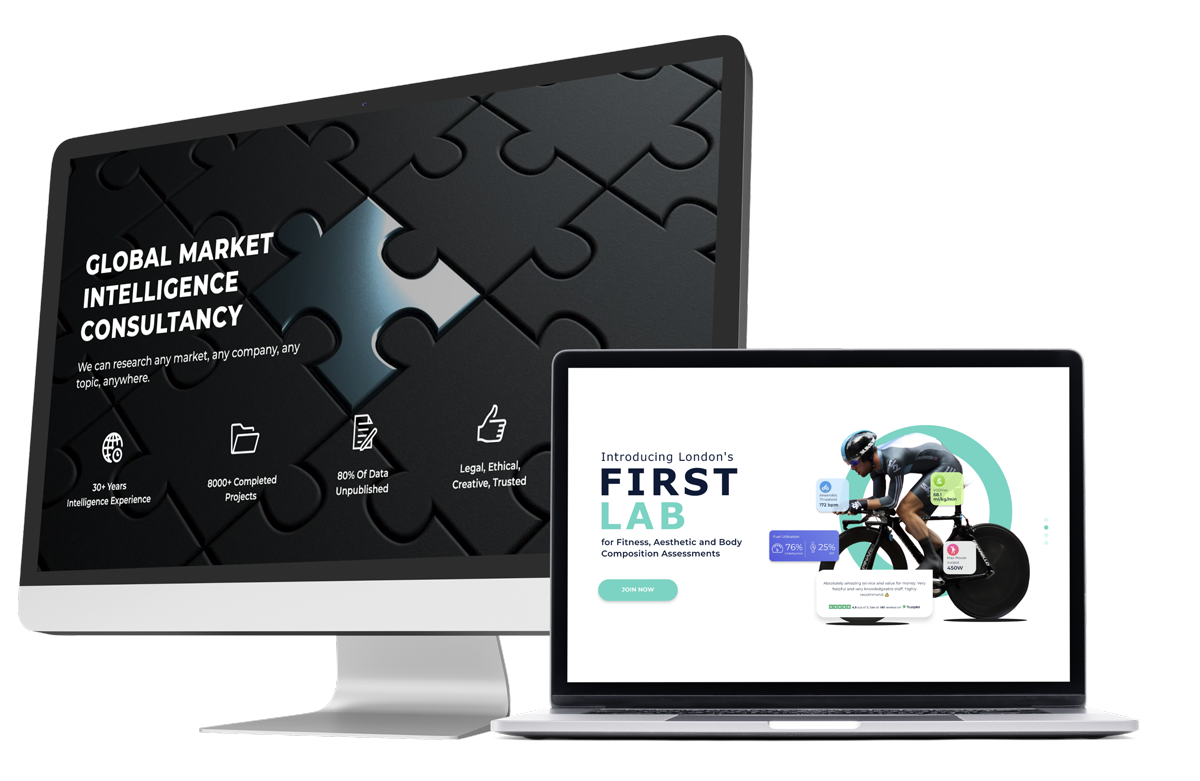Apple and Facebook are at war. Attack ads have been published in the Wall Street Journal, company executives have got into Twitter spats, and both companies claim to have users’ best interests at heart. The cause of this feud is the new privacy features which are prominent in Apple’s recently released iOS 14.
What privacy settings are different in iOS 14?
Apple is striving to give its users more control over their data privacy. They’re changing their policy from opt-out to opt-in; by notifying users with a pop-up about how the app they’re downloading will use their personal data and track their movements. It’s then up to the user whether they choose to accept or not.
Most apps include a snippet of IDFA (Identifier for Advertisers) code which allows the app to track user behaviour. The privacy issue arises from the fact that this user behaviour is passed along to third-party platforms. Essentially, every time a user browses between apps or web pages, each destination gains access to the browsing log.
iOS 14 is designed to give users more control over IDFA by making the tracking clear and giving then prompting the user to accept or decline it. This is a shift from the current policy whereby IDFA is automatically enabled and the user has to find the opt-out feature which is buried in the app settings.
Why is Facebook so worked up?
Facebook is concerned that this shift will severely damage the PPC industry and make it more difficult for small business owners to generate revenue from ads.
Each provider of PPC ads has advanced targeting options. You can define your target audience and only show your ads to this defined group of people. Such filters include a wide range of options including: level of education, household income, whether the audience has children, where they’re based, and more.
IDFA is a key factor in how PPC providers, such as Facebook and Google, build such comprehensive targeting options. By monitoring your browsing habits they can accurately build a profile around your interests, occupation, and hobbies.
If Apple users on masse start refusing IDFA, Facebook will find it much more difficult to
display personalised ads to them, as it won’t be able to monitor their browsing habits.
Facebook argues that personalised ads are a necessity for small businesses who need to reach a specific target audience on a limited budget. Without using advanced targeting options, businesses will have to advertise more broadly and to a wider audience, which is shown to lower ROI on ad spend.
What does this mean for digital marketing?
The update signals the death of third-party cookies on iOS devices. Without session data not being stored, it will be much harder to track ROI from PPC because conversion data will become more unreliable. If the user doesn’t make a purchase in the current browsing session, but does so a day or two later, this conversion will be difficult to attribute to your ad spend.
The biggest change will be felt on display ads, advertised on external partner sites. If you advertise on Facebook Audience Network websites, your PPC ads will lose their advanced targeting to iOS users. However, the targeting options of ads solely placed on Facebook.com will be unaffected. This is because Facebook requires user registration, and can use your account to determine your interests, etc. (The same rule applies for every platform which requires you to sign-up for an account.)
Additionally, this will mean the end of retargeted ad campaigns on iOS devices. Without tracking the browsing data, each platform will not know if the visitor has already been to your site.
Abandoned cart Facebook retargeting ads, a staple of all E-commerce advertising, will be affected. Meaning that you may no longer be able to target prospects that just need that extra nudge to convert.
Should I still invest in PPC marketing?
This depends largely on your campaign goals but PPC will continue to be an incredibly useful tool. Many PPC services and options will be unaffected and will remain a pillar for generating leads, brand awareness, and driving website traffic.
Display ads, even without advanced targeting are an excellent way to generate impressions and get your company in front of as many people as possible – a key metric in any brand awareness campaign.
Ads using the affinity audiences tool to generate leads will also be unaffected, as this method relies on advertising on external sites based on the topic of the website. For example if you want to advertise on websites about sport, you will still be able to.
Google search ads services will be largely unaffected as this relies on the searcher entering keywords to return search ads, meaning that the personalisation element of the ad is dependent on someone making a Google search.
And of course if you want to advertise on a specific website with a large relevant user base, this option will too be unaffected. This essentially covers every social media platform.
Final thoughts and next steps
iOS 14 privacy changes are scheduled to be implemented in early 2021; after this depending on how you use paid ads, you may need to readjust your strategy. However, it’s important to note that visitors not using iOS devices will be unaffected.
Facebook ads services will continue to be an excellent resource to meet your campaign goals, after all Apple has no jurisdiction over Facebook’s 2.7 Billion monthly users – a huge market that most businesses can’t afford to ignore.
For businesses to adapt to user tracking changes and advertising, capturing their own first-party data and understanding their audience will become much more important for two main reasons. Firstly, for tracking ROI and the success of their ads. While campaign numbers for Facebook’s dashboard may become more unreliable, your internal sales data could reflect the ads ROI. For example, if you are running ads on a specific product and see that sales of that product are increasing, you can be confident that the ads are being successful.
Secondly, if each business has a comprehensive customer profile, they can use this to find the places to reach their audience, and then provide ads which appeal directly to them. This will ensure more leads and a healthy ROI. The simplest method of capturing first-party data is to add a log-in/membership option to your website. This will enable you to capture user data and understand how each visitor interacts with your site.
By optimising your website to capture first-party your business will become more self-reliant and make informed marketing decisions based on how their customers interact with their business.
If your business needs help to readjust their PPC or Facebook Ads strategy, reach out to Atomic for a consultation on how you can best prepare for the impact of iOS 14.
Or if you’re interested in optimising your website to capture first-party data, that’s something we would love to guide you through too as part of our industry-leading SEO services!

















